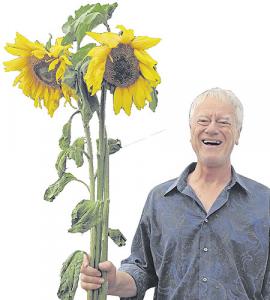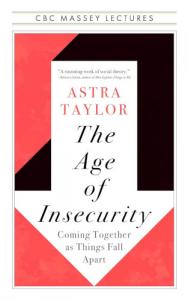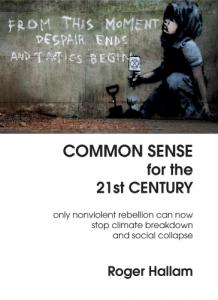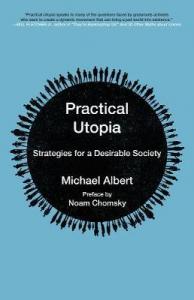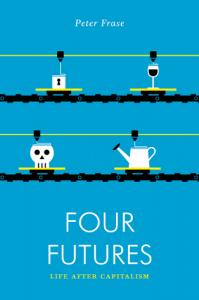‘In a world built on violence, one must be a revolutionary before one can be a pacifist: in such a world a non-revolutionary pacifism is a contradiction in terms, a monstrosity.’ The words of US radical pacifist AJ Muste, who lived an astounding life of commitment, in 1928.
This powerful statement about pacifism and nonviolence comes from Muste’s classic September 1928 essay, ‘Pacifism and class war’. A radical Christian pacifist, Muste warned against the assumption that ‘violence is…


